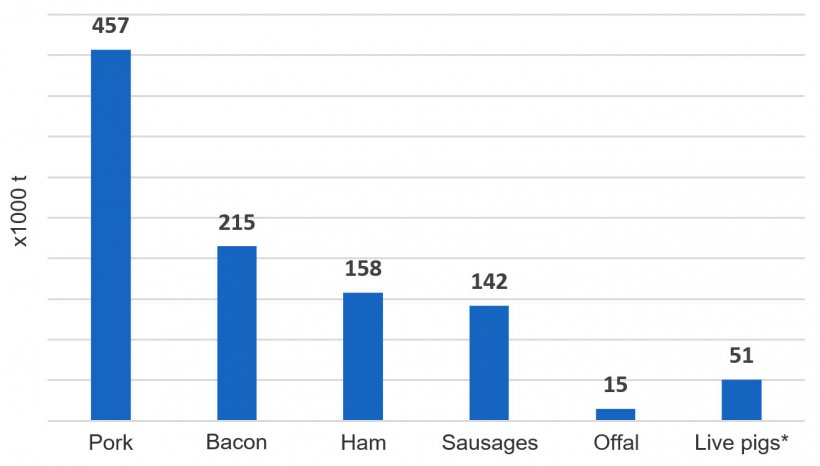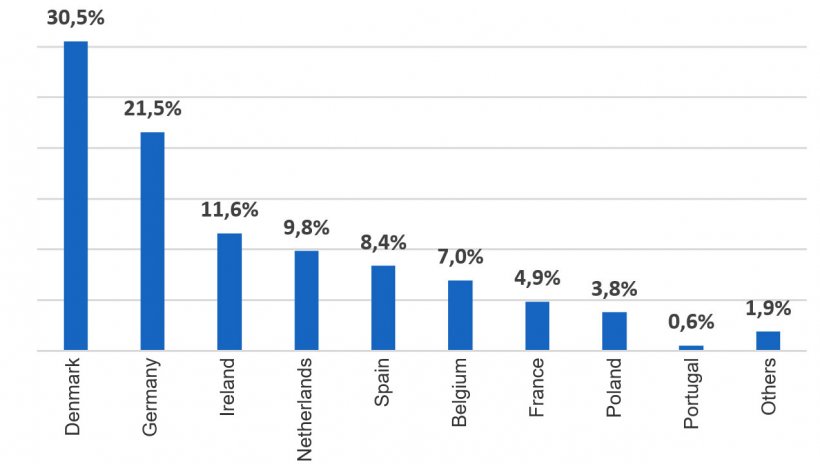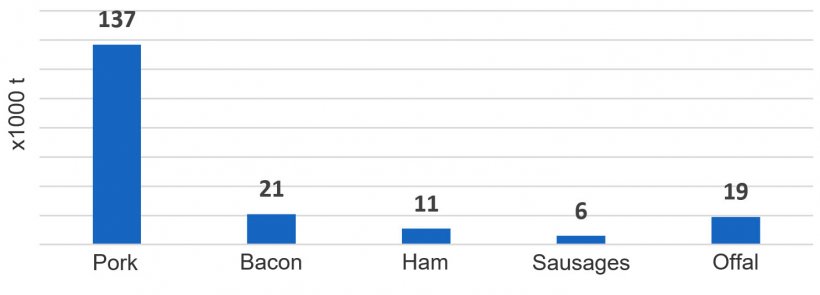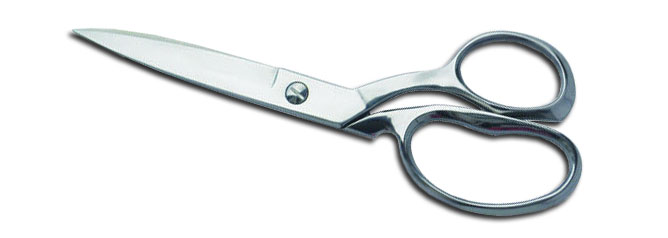A referendum was held on June 2016, to decide whether the UK should leave or remain in the European Union. Leave won by 51.9% to 48. 1%. Prime Minister Theresa May triggered the process on March 2017 with the UK due to leave on 29 March 2019. However, the withdrawal agreement between the EU and UK has been rejected three times by the British parliament. After an initial extension until 12 of April 2019, EU leaders have now backed an extension until 31 October 2019. As things stand, the UK is due to leave the European Union on 31 October 2019 unless a further delay is agreed.
We are facing an incredible situation where all options remain open from the status quo to a ‘hard’ Brexit with all options in-between. The so-called ‘hard Brexit’ or ‘No Deal’ would take place in the absence of an agreement between the EU and the UK with trade between the two parties taking place on conditions imposed by the World Trade Organisation (WTO) with the imposition of trade tariffs. The British parliament has voted a law forbidding the UK exiting the EU in a No Deal situation, however, the risk of a No Deal and the imposition of tariffs is not nil. Tariffs in pork are complex and often exceed 40% of value. The UK government has indicated that in case of No Deal, it would lower tariffs on all imported pork for an initial period of twelve months in order to limit retail price inflation and a shock to UK supplies. It will also make a special case for imports of live pigs and pork products from the Irish Republic.

If the UK does not remain in the single market (also in the case of a No Deal), operators will end up facing additional administrative trade barriers, as the UK will become a Third Country. These include for example new export health certificates, veterinary controls at borders, certificates of origin, export notifications etc. These will slow trade between the UK and the EU and add costs.
Due to trade agreements with Third Countries or tougher domestic regulations on environment or welfare, standards could eventually diverge, which would add another layer of complexity in the trade relation between the UK and the EU. Other outstanding issues include end-product labelling and the practicalities of new UK health stamps.
Finally, there is a distinct lack of preparedness particularly in the UK. For example, it is likely that lorries will be ‘waved through’ for the first six months in case of a No Deal. UK trade relies largely on the Calais-Dover crossing and slowing trucks at this stage would be a logistical nightmare.
EU-27 pork exports to the UK are essential for the European pork sector
The UK is a major importer of pork and bacon. It is a major destination for Danish, Irish, German and Dutch pork and for pork products from all over Europe. The country self-sufficiency is only 54.3%.
In 2018, UK imported 1,038 million tonnes of fresh, frozen and processed pork products, about all from the EU-27 (see below). This is an underestimation as this does not take into all account products containing pork such as ready meals as well as fats and some by-products. These numbers represent 4.5% of total 2019 EU production. Trade disruptions of this scale would create a serious market disturbance in the EU. In particular, the Irish sector would be hit due to the importance of Irish exports of live pigs to Northern Ireland and the UK market.


Export of British pork products are smaller but also significant (347,000 tonnes in 2018). They are based primarily on the unbalances of cuts with high domestic demand for loin products and low demand for shoulders with legs and bellies in-between. In addition, British sow carcases have traditionally been exported to continental Europe.
The UK exports outside the EU mainly to China, Hong Kong and the USA, but it still sold 63% of its fresh and frozen pork exports to the EU in 2018, with Ireland by far being the main market.
Currently, the UK benefits from the 41 trade agreements negotiated between the EU and Third Countries. Discussions with key destinations such as Japan, Korea and Canada to replace these agreements are not progressing fast and the UK pork exporters risk being at a disadvantage against EU and other competitors.

What next?
In 2017, the UECBV, the European meat and livestock trading union, commissioned a study on the potential impact a hard Brexit on the European meat sector. This report is still the best assessment of the likely consequences of a No Deal Brexit for meat. It makes grim reading.

A hard Brexit would mean a fall of EU pork exports to the UK of 48%, a fall on pig prices of 7% and a total of 33,000 job losses in the European meat industry.
These numbers represent a worst-case scenario and the worst that can happen rarely does.
Although, businesses, Parliament and most British people are rejecting the possibility of a hard Brexit, some 27% of British people still want to slam the door and exit the EU deal or no deal.
We must grasp the Brexit process as a misunderstanding. There was never a clear plan or vision of what is possible post-Brexit. The UK is now a divided country with hardened views on both sides, which means a resolution will not be easy.
The Withdrawal Agreement is only the beginning of a long process of negotiating a new relation between the EU and the UK which will take many years. Trade of farming will be of course discussed in great details. To give an example, discussions between the EU and Switzerland for a new trade relation have taken place for the last fourteen years. Just do not expect to see Brexit resolved by October.





